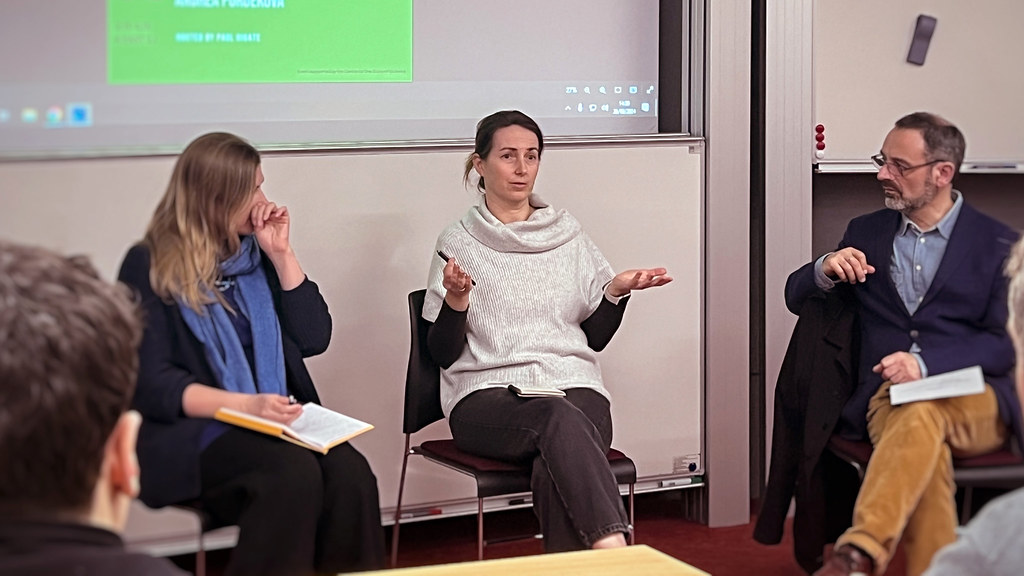In the year 1994, a tragic genocide had occurred in the landlocked country of Rwanda. The genocide of the minority Tutsi population was perpetrated by extremist sections of the Hutu-dominated government, assisted by militias and civilians across Rwanda. It is estimated that between 500,000 and a million civilians have perished.
Three decades have since passed, but the tragedy left a black stain in Rwandan history. As part of its 30-year anniversary, the Centre for the Study of Violence hosted a talk on the University of Bath campus to reflect.
The aim of the event was to provide an opportunity for experts to discuss the topic of genocide in connection with the current conflicts in Sudan and Gaza. The session was hosted by Professor Paul Higate and accompanied by three speakers: Professor Jason Hart, Dr Naomi Pendle and Dr Andrea Purdekova. The event was also attended other lecturers and students from several departments.
The discussion started with a brief introduction by the speakers and their experiences, both in terms of their research and allied experiences, in relation to the session’s topic. One of the many topics covered concerned how best to account for the failures regarding the mass killing of civilians. Even in times where outside parties announce their stance to disagree with the occurrence of war, it begs the question on why the killing of people was still allowed to continue even when atrocities were conducted out in the open amidst the presence of international coverage. In relation to this was the reluctance for some to label the mass killings as a genocide since such a designation required particular action from the international community.
Aside from this, the speakers had also touched on the complicated role of humanitarian bodies, specifically United Nations Peacekeeping, amidst a genocide. In this context, their role is to assist and provide aid to victims of war, such as by setting up refuge as well, within a Chapter VII mandate to use force to protect civilians. Despite this, their operations came with numerous restrictions. As an example, within the context of the genocide in Sudan, UN Peacekeepers could only operate with permission by the government and missteps could result in repercussions, including the denial of a VISA. In the case of intervention, although they were allowed to use weapons, open fire was permissible only after obtaining permission from their home country. This created a delay. As such, very little action could be taken to manage the situation.
Another topic of discussion was the role of media, specifically surrounding news outlets and education, and the influence they could have towards people, both involved in the genocide and those observing. Within the context of the genocide in Gaza, mainstream media outlets have systematically misrepresented the role of the key actors and in turn distorted wider public perception. The knowledge of Jewish suffering during the holocaust has served to limit the breadth of debate around Israel’s genocide in Gaza since any form of critique of this brutal intervention is immediately labelled anti-semitic. This despite the clear misinformation perpetuated by Israeli spokespeople.
Overall, the event could be summarised as a reasoned reflection on those factors that contribute to the prolonging of genocide alongside the limited the efforts that had gone into reducing casualties. The session was then concluded with a brief question and answer session between the audience and speakers.

